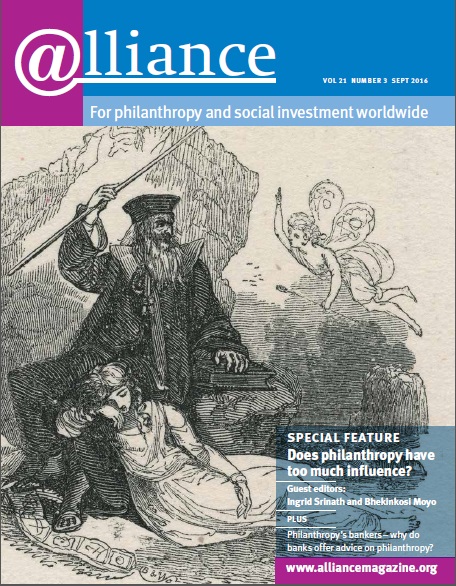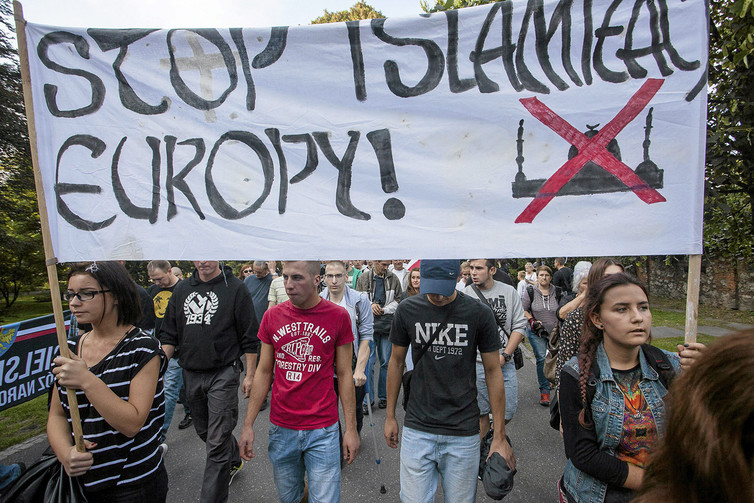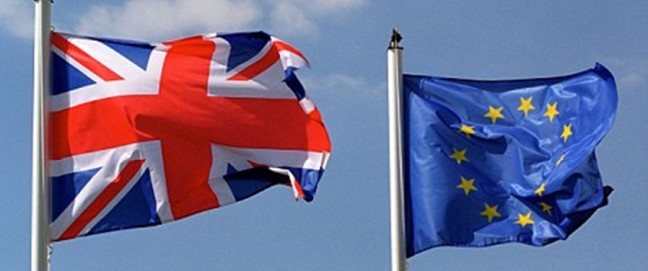The victory of the right-wing Law and Justice Party in the Polish elections of September last year has been followed by legislative changes which are little short of a dismantling of liberal democracy and the rule of law. In these circumstances, you would also expect moves to suppress civil society – but you would be only partly right to do so. The new government seems to have discovered that the best way to achieve its ends is not to suppress civil society but to manipulate it, so those CSOs that are pursuing aims in accord with the party line have received approval and even support from the new regime. By contrast, those whose aims are deemed to be hostile to the ‘new Poland’ face an uncertain future.
Increased powers for the Ministry of Justice and the police, purges of the administration and public services, curtailment of media independence, measures to paralyse the Constitutional Tribunal and the reversal of reforms that had put Poland on the path to development and modernization have all followed the election of the Law and Justice party. But it has also used more subtle means to control public debate, such as buying up shares in private media; withdrawing paid announcements and advertising, and channelling them to media that support the party; and exerting pressure on private companies dependent on state contracts to do the same.
‘The official narrative is that of regaining sovereignty and independence from ‘foreign powers’ (the EU and Germany); preserving Poland’s ethnic, cultural and religious homogeneity; and eradicating ideas – such as gender equality, multiculturalism and ‘political correctness’ – deemed dangerous to traditional Polish values, which are presented as linked to the Catholic Church.’
The official narrative is that of regaining sovereignty and independence from ‘foreign powers’ (the EU and Germany); preserving Poland’s ethnic, cultural and religious homogeneity; and eradicating ideas – such as gender equality, multiculturalism and ‘political correctness’ – deemed dangerous to traditional Polish values, which are presented as linked to the Catholic Church. Hate speech is tolerated towards aliens: refugees and migrants, Ukrainians, people of colour, gays and lesbians, and those on the left. Radical youth groups organizing rallies against aliens under the symbols of pre-war fascist youth movements are treated as patriots.
And civil society…?
In this context, civil society organizations promoting the values of an open society are presented as importers of a foreign, non-Christian agenda hostile to Polish identity and culture.
In public, the government praises NGOs and recognizes their importance. It has even created the position of plenipotentiary for civil society, who has announced the preparation of a national programme for the development of civil society in collaboration with experts from the sector. But the reality is very different. Civil society consultative and advisory bodies at different ministries have been dissolved. The rules for the distribution of public funds are violated: calls for proposals are cancelled, grant competition juries are changed, grant allocations are postponed (leaving organizations helping refugees with no funds), and grants ranking lists are altered to eliminate some NGOs and favour others. Organizations associated with the Law and Justice Party have won grant competitions even though some of them do not meet the formal criteria and have no expertise in the given area. Highly experienced women’s organizations and an organization that helps sexually abused children were refused funding in a government programme aimed at helping victims of violence, on the pretext that they provide services to too narrow a group (even though children and women constitute 90 per cent of the victims of domestic violence). On the list of grantees in this competition, two-thirds have ‘Christian’ in their name. While there is – as yet – no official move towards a law on foreign agents, the view is often expressed in conferences and semi-official meetings that those who take foreign money are promoting foreign interests and ideas and should be restrained, if not disbanded, by law.
‘Civil society organizations not favoured by the government are to be replaced by those that serve the interests of the Law and Justice Party and help them restore traditional Polish identity.’
A mistake rectified
These moves leave no doubt about the government’s intentions: civil society organizations not favoured by the government are to be replaced by those that serve the interests of the Law and Justice Party and help them restore traditional Polish identity. As one journalist close to the party said: ‘Law and Justice made a mistake when they were in power in 2005-7: they neglected the media and civil society organizations. Since then, they have learned their importance and corrected their mistake. They have nurtured their NGOs and their media.’
It is clear then that their current strategy is to channel public funding to help ‘their’ media and ‘their’ NGOs flourish and to let the others wane on a strict diet. That is why it is so important for individual donors and private funds to support CSOs and free media.
Ewa Kulik-Bielińska is executive director of the Batory Foundation and chair of the European Foundation Centre. Email ekulik@batory.org.pl








Comments (0)